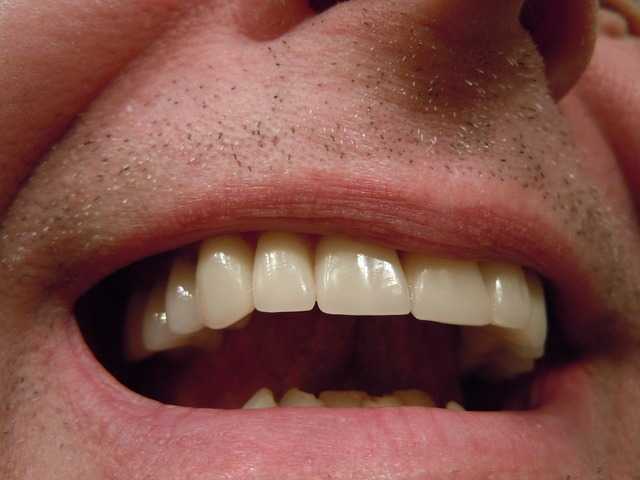 Mouth cancer are rare, with only 6,800 people in the United Kingdom diagnosed every year. The aprticular cancer represents about 2 percent of all types diagnosed.
Mouth cancer are rare, with only 6,800 people in the United Kingdom diagnosed every year. The aprticular cancer represents about 2 percent of all types diagnosed.
Mouth cancer is an umbrella term for cancer growth in the mouth, tongue, lips, throat, salivary glands, larynx, pharynx and other sites, as told by clinics like WarrendaleDental.co.uk, a reputed British dental practice that offers oral cancer screening services in the UK.
HPV Genetically Changes Cells
Human papilloma virus (HPV) is understandably one of the roots of cervical cancer among women, but it can cause mouth cancer because of oral sex, according to Cancer Research UK. Oral cancer develops in many ways – with tobacco use and alcohol consumption – but spreads and progresses more rapidly with the assistance of a sexually transmittable virus such as HPV.
HPV does not directly cause the cancer, but as an infection, it makes precancerous or dysplastic modifications in the cells. This means the cells undergo genetic changes that make them more susceptible to cancer attack.
Prevalence of Acquiring HPV and Oral Cancer
A National Health Service report shows that most sexually active adults will be infected with one type of HPV – there are more 100 types of HPV, 40 of which are communicable through intercourse – at some point of their life. For many people, the virus can be flushed down through the body’s natural elimination process and disappears without requiring any form of treatment.
The risk of developing oropharyngeal cancer is small, but with HPV, suppressed immunity, and all the other contributing habits such as smoking and prolonged liquor use, the scale tips for the worse. A person may be at a higher risk with an increase in the number of sexual partners, and by not using protection such as a condom.
Like all cancers, early detection and treatment can put a stop to this disease. By making changes in one’s lifestyle and by practicing safe sex, one can avoid the possibility of oral cancer.

